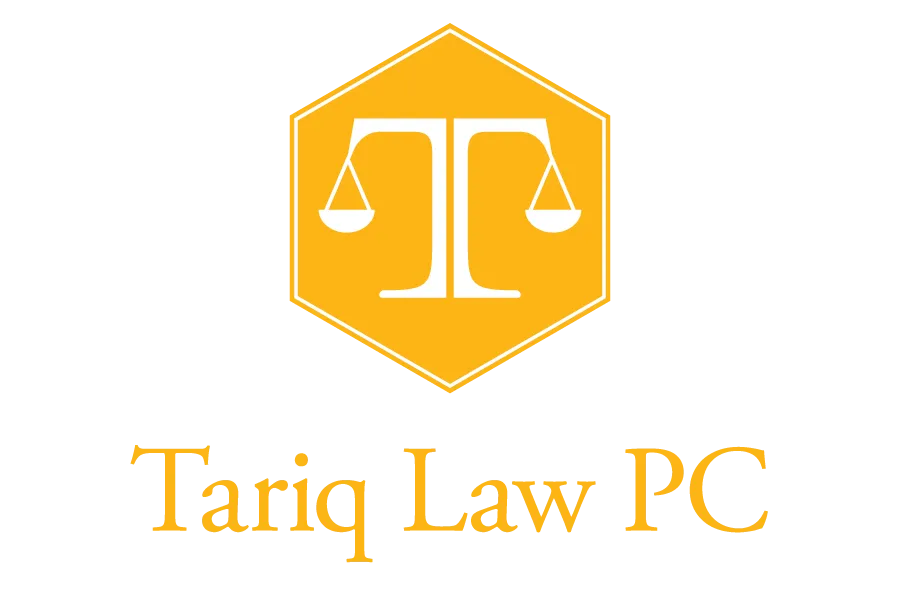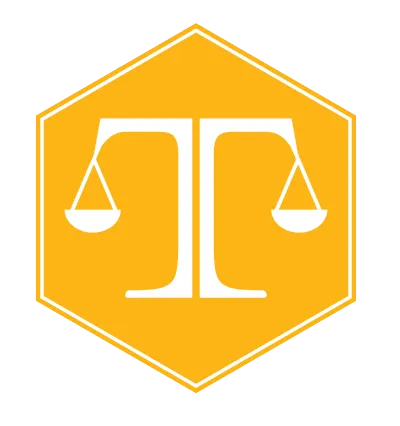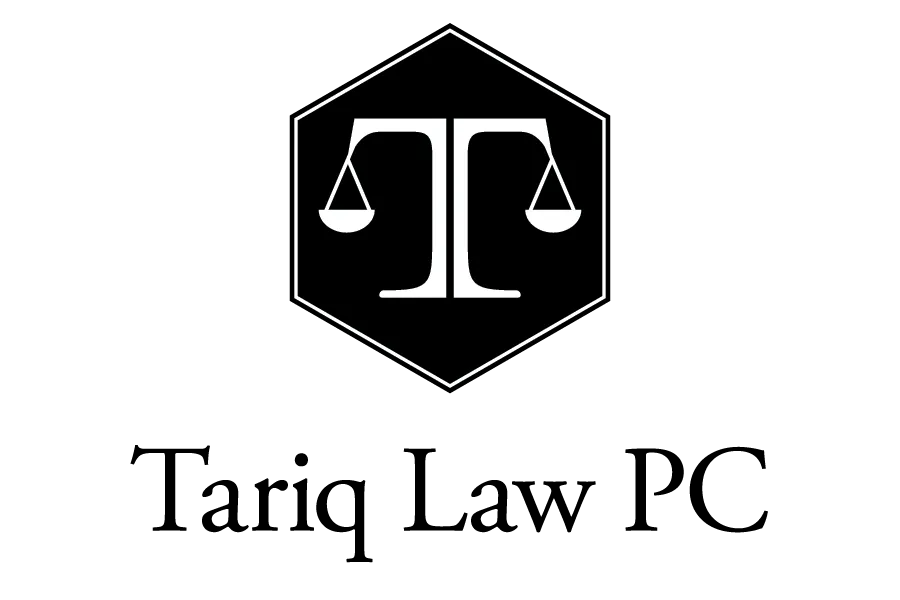NYC Debt Collection Harassment Lawyer
Types of Debt Collection Harassment

A multitude of laws exist to strictly regulate the conduct of creditors and debt collectors. Tragically, these legal safeguards are often disregarded or even outright violated. It's not uncommon for creditors and collectors to resort to aggressive and abusive tactics in their pursuit of debts, hoping to intimidate debtors into submission. If you've endured harassment or maltreatment at the hands of a creditor or collector, it's imperative to seek the assistance of a New York City debt collection defense lawyer without delay.
At Tariq Law P.C., we focus on taking decisive legal action designed to shield you from harassment and potentially recover damages for the mental and emotional distress you've suffered. Among the protective statutes we rely upon is the Fair Debt Collection Practices Act (FDCPA), a federal law that serves as a bulwark against predatory collection practices. With our knowledge, experience, and unwavering commitment, we stand ready to advocate for your rights and provide the legal support you deserve in these trying times.
As a debtor, you have legal rights. The unexpected and unplanned events of life can lead to serious financial problems and debts that are out of control. Accidents and severe illness rack up huge
medical debt. Unemployment can result in being unable to pay loan debt. As a consumer, no matter what the circumstances of your debts are, you are entitled to certain protections.
• You have the right to retain a New York City debt collection defense attorney to represent you in matters of debt collection. Once you do so, written notification is sent to the collection agency and they may not contact you again after receipt of this notice.
• You have the right to an accurate credit report. In a 2009 study by the National Association of State Public Interest Research Groups, credit report errors were found in an astounding 79% of all credit reports. 25% were serious enough to result in denial of credit.
• You have the right to see written verification of the debt they claim you owe. Even if you recognize the debt as being correct, it is wise to exercise this right. Once requested, the collection agency may not contact you about payment until they have provided documentation.
• You have the right to receive proper law suit notification. Process servers can often be unscrupulous. They have been known to lie in testimony and swear to affidavits that they have properly served notice to debtors. If you have failed to receive proper notification and we can prove this, we can aggressively sue the process server.
You have rights and you need to know them to insist upon them. When collection agencies, process servers, and others violate your rights we strongly urge you to take legal action against them. Please contact us at Tariq Law, P.C. to assist you.
This law prohibits creditors and collectors from employing harassing tactics such as:
Calling consumers at odd hours (before 8 am or after 9 pm)
Calling a consumer's place of employment, even after the consumer has informed them that they may not call there
Using any type of misrepresentation
Threatening consumers with legal action if no such action is intended
Threatening consumers with arrest
Communicating with consumers even after a request has been received to cease communication, unless it is necessary to provide notification of a lawsuit or
wage garnishment
Calling consumers repeatedly with the intent to annoy, harass, or abuse
Discussing a consumer's debt with a third party, such as an employer or family member
Protection Against Creditor Harassment
Tariq Law, P.C. provides aggressive debt collection defense services to individuals throughout New York City. Our legal team is prepared to defend you against collection harassment, as well as pursue compensation for the violation of your rights.

Communication
Always on your side.

Integrity
Honesty at our core.

Excellence
Pursuing the highest standards.
ASK QUESTIONS!
"What Clients Say"










